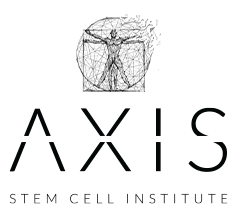
Knee Pain and Meniscus Tears
our areas of focus
If you have a swollen, stiff, or inflexible knee, it could be caused by a torn meniscus. The meniscus is a piece of cartilage that acts as a shock absorber inside the joint. Each knee has two menisci, which can be torn by sudden torsion or injury to the knee. This condition, in addition to degenerative conditions like osteoarthritis, can cause knee pain that may not go away with time, which is where stem cell therapy can help.
Torn Meniscus Symptoms
Knee pain can indicate many things, but most commonly torn or worn-down meniscus and articular cartilage, causing the bone to scrape against bone. If you experience any of these symptoms, you may be experiencing a torn meniscus :
- A popping or clicking sensation
- Stiffness
- Inability or difficulty straightening the knee
- Sensation of knee weakness
- Swelling
- Pain
People who are likely to suffer from meniscus tears are active individuals who may frequently twist and bend their knees. Tears may also occur in all populations from a sudden injury, impact, contortion, and gradual wear and tear. For older adults who are not active, the cartilage in the knee can degrade and tear simply due to age, rather than injury.
Stem Cell Therapy for Knee Pain and Meniscus Tears
Stem cells can have a restorative effect on people who suffer from knee pain and specifically torn meniscus, due to their ability to regenerate diminished cartilage, decrease inflammation and improve range of motion. This can lead to a faster recovery time and enhanced lifestyle for those suffering from knee pain.
When discussing stem cell therapy, it is important to explore different sources of stem cells with your medical provider to decide which source is best for you. Autologous stem cells will be harvested from a patient’s own fatty tissue or bone marrow, which are then processed in the offices for re-injection into the body. This can be done in a single session, with the harvested stem cells being re-injected directly into the knee with image-guided technology by our expert providers. Another option is the use of Allogeneic stem cells which are derived from a healthy Umbilical Cord Tissue donor. These are highly concentrated and clarified, which can be combined with your own PRP prior to injection in the office.

How Does Stem Cell Therapy Work?
Mesenchymal Stem Cells (MSCs) can repair, replace, and stimulate the regeneration of cells when injected into specific tissue. The cells communicate through cell mediation and work to form into the progenitor or young cell of the tissue in need. MSCs are very good at developing bone, cartilage, nerve tissue, and blood tissue. The transformation is determined by the tissue needed. Our board-certified stem cell providers stay completely up to date with the latest in stem cell research, ensuring that our patients receive the evidence-based care they deserve.
Recovery and Results of Stem Cell Therapy
Stem Cell therapy recovery is fairly mild and includes suggestions like heat therapy, massage, and stretching of the area injection. The patient will experience very mild soreness and stiffness for a few days following the injection and the knee will continue to improve day by day. Typically around 3-6 months, post-injection patients can expect growth and repair of tissue to be underway.
Stem Cells for Knee Pain in Seattle, WA
With locations in Seattle, WA, and St. Petersburg, FL, Axis Stem Cell Institute is the premier choice for the latest in stem cell therapies and techniques across the US. Get your lifestyle back on track by solving the symptoms of a torn meniscus or osteoarthritis with stem cell therapy. To schedule a consultation at our Seattle or St. Petersburg office by calling 206.823.0960 or filling out our online form.

